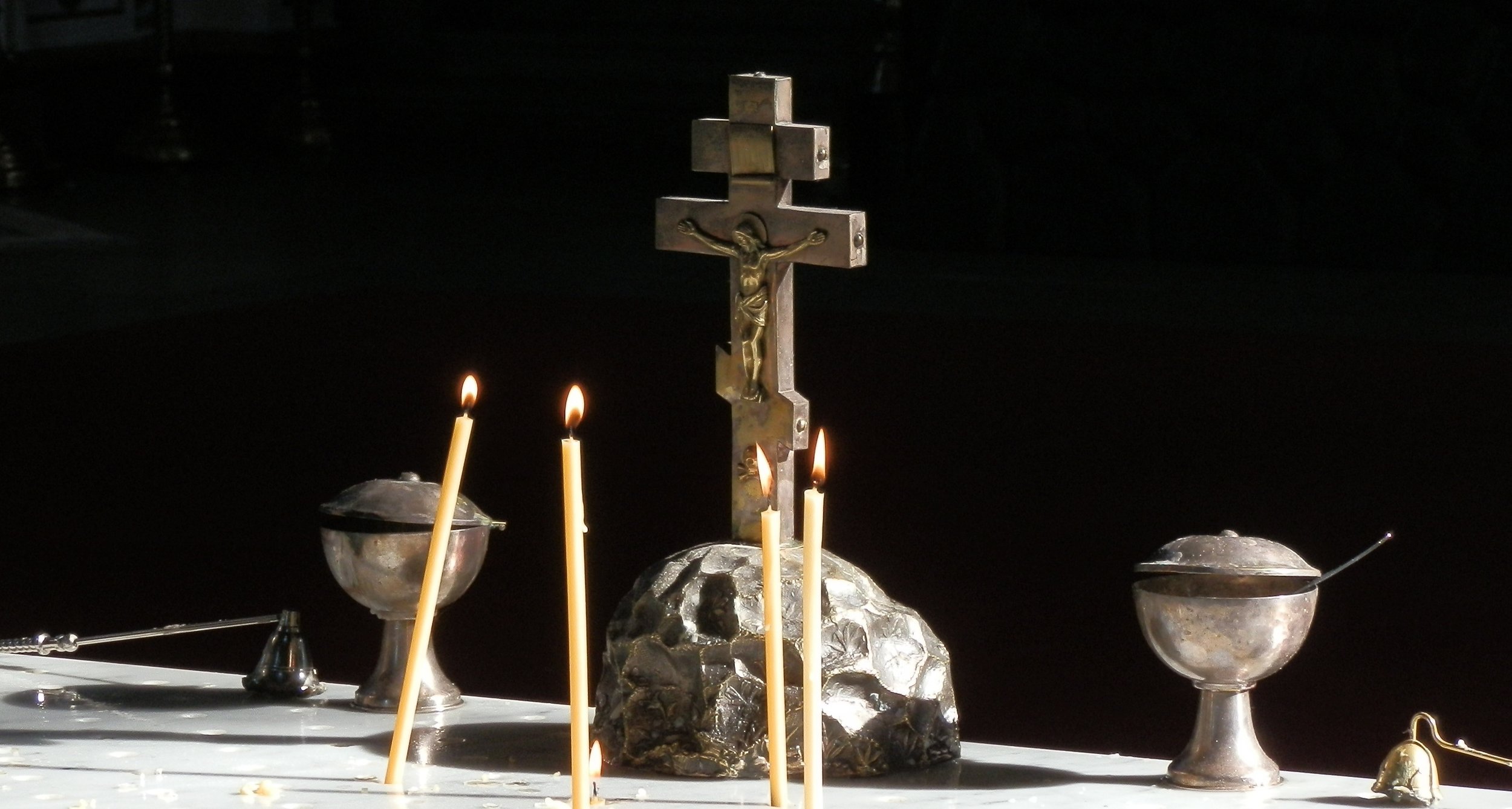Healing Atonement
John Cassian (c.360 - 435 AD)
An old clay oil lamp from Nazareth, Israel. Photo credit: Olivia Armstrong.
The Writings of John Cassian
John Cassian, On the Incarnation (Against Nestorius), book 4, chapter 4, writes,
“But if you think that it ought to be shown still more clearly, what Son God sent to save men, — though God's own and only begotten can only be one, and when God is said to have sent His Son, He is certainly shown to have sent His only begotten Son, — yet hear the prophet David pointing out with the utmost clearness Him who was sent for the salvation of Men. He sent, said he, His Word and healed them. Can you twist this so as to refer it to the flesh as if you could say that a mere man was sent by God to heal mankind? You certainly cannot, for the prophet David and all the holy Scriptures would cry out against you, saying, He sent His Word and healed them. You see then, that the Word was sent to heal men, for though healing was given through Christ, yet the Word of God was in Christ, and healed all things through Christ: and so since Christ and the Word were united in the mystery of the Incarnation, Christ and the Word of God became one Son of God in either substance. And when the Apostle John was anxious to state this clearly, he said God sent His Son to be the Saviour of the world. 1 John 4:14 Do you see how he joined together God and man in an union that cannot be severed?”
However, Cassian believed (book 4, chapter 3) that Jesus cleansed his humanity at conception rather than through his lifelong faithfulness.
More Resources on John Cassian
Benedict Seraphim, St. John Cassian: On Grace and Free Will (This is Life! blog, Mar 25, 2005) a dialogue with John Hendryx, founder of the website monergism.com. This is a helpful representation of what an actual dialogue might have been between John Cassian and Augustine of Hippo.
Sources of Atonement Theology
These resources explore the foundation of “Medical Substitution” as the best understanding of the Bible, and the original understanding of the church. There are also links to books, web articles, etc. from representatives of the three broad Christian traditions.





